What to do if you can t get pregnant naturally
Options for when you can't get pregnant
Any couple who has tried unsuccessfully for many months, or years, to get pregnant will tell you how confronting, stressful and emotional this time can be. It can also be very confusing—you might be unsure about where to turn for advice, and what your options are.
Yet infertility is not uncommon, in fact around one in six Australian couples will have difficulty getting pregnant.
There are many possible causes of infertility, and it affects both men and women. For women, it might be problems with the fallopian tubes, cervix or uterus— or it might have something to do with your menstrual cycle or endometriosis. For men, it can be caused by problems with the sperm, impotence, or obstructions to the passage of sperm.
We explore some options on where to go for help, and explain some possible treatments.
When should seek help?
Depending on your age, it’s important that you don’t wait too long to seek advice. IVF Australia recommends that couples under the age of 35, who have been trying for 12 months or more should seek advice from a fertility specialist. Couples over the age of 35 are advised to seek advice after 6 months, as fertility declines significantly in your late 30s.
Lifestyle factors that can affect fertility
Age
There are many lifestyle factors that can affect your ability to conceive, but evidence suggests that the age of both the man and woman plays the most important role. It is commonly reported that a women’s fertility declines dramatically at 35, and although it is often beyond our control, some studies suggest that women should try to get pregnant before the age of 30 and men before 35 for the highest chances of success.
Weight
The weight of the both the woman and man can affect your chances of getting pregnant. Research shows being overweight – especially significantly so – can affect your chances of conceiving and having a healthy baby.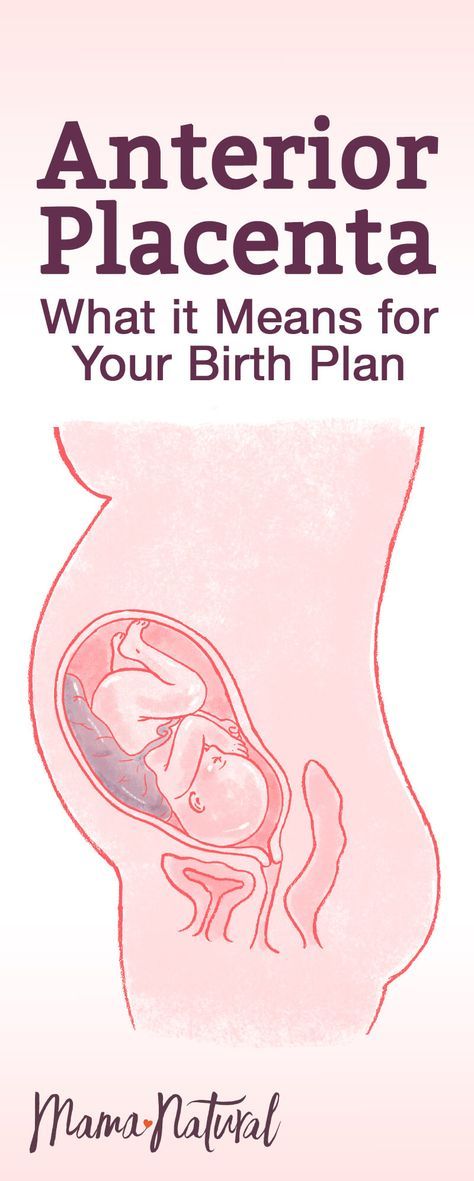 But being underweight can also affect a woman’s fertility, causing hormone imbalances that affect ovulation and therefore make it harder to get pregnant.
But being underweight can also affect a woman’s fertility, causing hormone imbalances that affect ovulation and therefore make it harder to get pregnant.
Stress
Stress may also reduce a woman's chance of becoming pregnant. One study found an association between high levels of a substance indicative of stress and a reduced chance of becoming pregnant. The researchers also noted that that stress may increase with the disappointment of several failed attempts at getting pregnant, setting off a cycle in which pregnancy becomes even more difficult to achieve. This suggests it’s important to look after yourself as much as possible while trying to conceive.
Lifestyle habits, diet and exercise
Research also shows other factors that may impact fertility include nutrition and exercise, smoking, recreational and prescription drug use and alcohol and caffeine consumption.
Where to go for help
Start with your GP. They can provide you with pre-conception advice and tests, and if you’ve been trying for a while without success, they may conduct some fertility tests.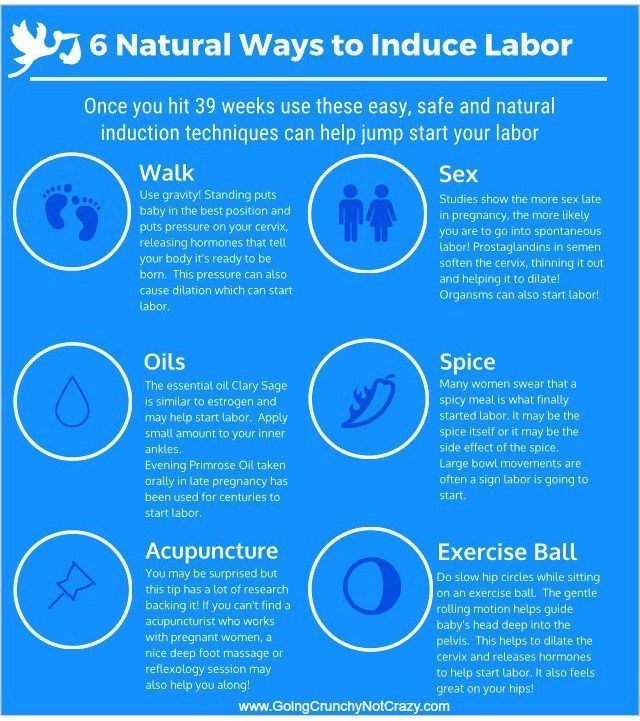
Your GP can also help you with advice on making the appropriate adjustments to your lifestyle, and help you work out which days of the month you are most fertile, to give you the best chances of getting pregnant. There are also apps and information online which can help you work out your ‘fertility window’.
Your GP can also refer you to a fertility specialist for further testing and discussion around your treatment options. You may be referred to a private clinic or a public hospital.
What's next?
At your first appointment with a fertility specialist, you and your partner may be asked to provide a full fertility history. You may also undergo tests to assess your fertility reserve, ovulation status and normal function of your reproductive organs, the tubes, the uterus and the ovaries. A semen analysis will also be requested.
Getting Pregnant Treatment options
Following your initial consultation and testing, you will then work with the clinic to decide which treatment is most appropriate for you. A lifestyle assessment and weight management strategy might also be implemented. Possible treatment options include:
A lifestyle assessment and weight management strategy might also be implemented. Possible treatment options include:
Ovulation Induction
Ovulation induction is one of the simplest and least invasive fertility treatments. It involves taking medication to induce ovulation by encouraging eggs to develop in the ovaries and be released, increasing the chance of getting pregnant through timed intercourse or artificial insemination. Ovulation induction is most suitable for women who are producing low levels of hormones for ovulation, or who are not ovulating at all but have normal fallopian tubes, and the male partner does not have any fertility problems.
IUI or IVF treatment
Intrauterine insemination (IUI) and in vitro fertilization (IVF) are two commonly used methods of fertility treatment.
Artificial insemination or intrauterine insemination involves inserting a male’s semen through the cervix and into the uterus, close to the time of ovulation. It is a simpler, less invasive form of fertility treatment.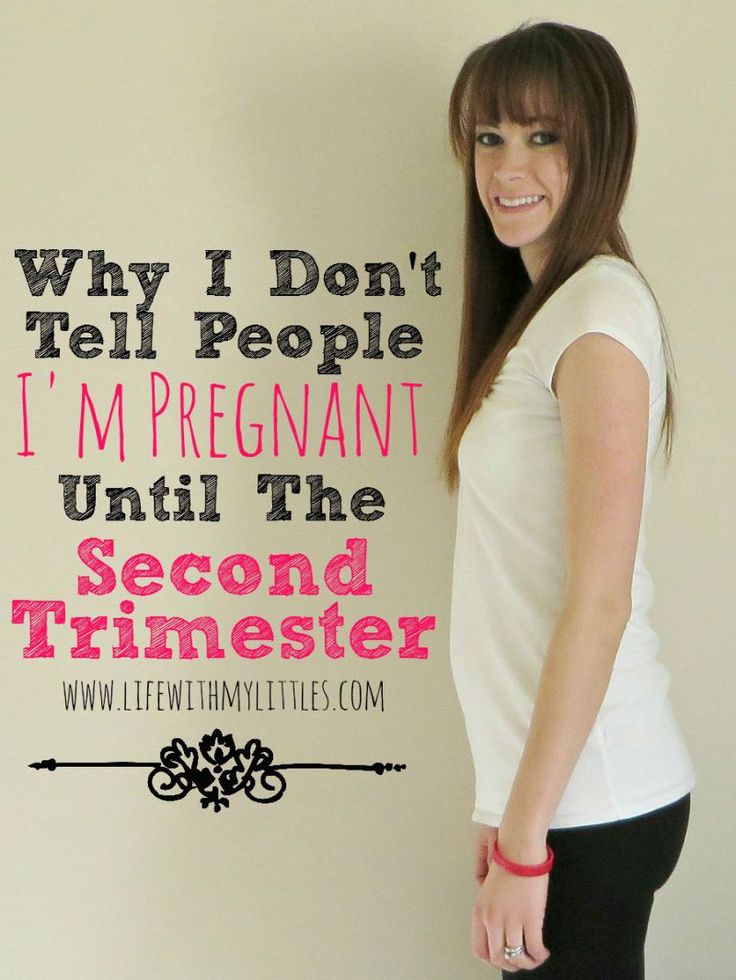
In Vitro Fertilisation or IVF is a process where a woman’s eggs are fertilised with a man’s sperm outside of the body, and once they are fertilised, they are then transplanted into the woman’s body. Close to one in 30 babies in Australia are conceived with IVF. You can read more about IVF here.
Freezing embryos
A frozen embryo transfer is a cycle where a frozen embryo from a previous fresh IVF cycle is thawed and transferred back into a woman's uterus. It means the woman doesn’t have to undergo another cycle of hormone stimulation and an egg collection frozen embryo cycles can be undertaken on your natural cycle or using ovulation induction. Read more on freezing embryos.
How much does fertility treatment cost?
The cost of your fertility depends on your individual treatment plan and if your health insurance includes cover for IVF. Medibank Gold Complete hospital cover pays benefits towards some of the costs of fertility treatment. Check with your clinic and Medibank before you get started and do your research to get an idea of costs you can expect from IVF.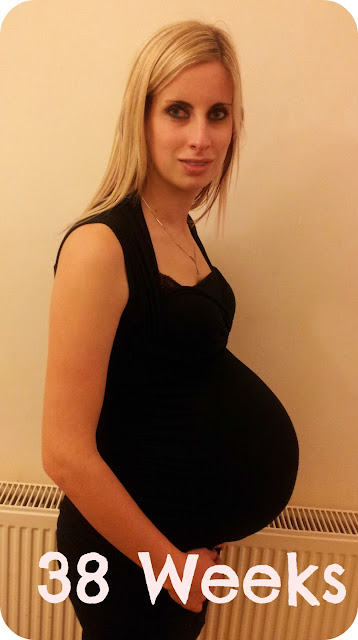 Remember waiting periods may apply on your cover.
Remember waiting periods may apply on your cover.
Where to get support
Undergoing IVF treatment can be a difficult journey both physically and emotionally. It’s important to get support if you are struggling. You can chat to your GP, a psychologist or get counselling and free support from Access Australia.
Need a little extra support?
Health Concierge
Whether it’s taking you a little longer to fall pregnant than you expected, or you know you’ll be needing a bit of extra help, Medibank’s Health Concierge service is there to help. You can call 1800 789 414 for support and guidance, available at no extra cost for members with residential hospital cover#.
Got a health question? 24/7 Medibank nurse phone service
Members with hospital cover can chat to experienced and qualified nurses over the phone to discuss any health questions or concerns and get professional advice on what to do next. Our nurses are available on 1800 644 325~ for round-the-clock health advice.
Optimal me
Medibank has partnered with Monash University to create OptimalMe, a research program designed to help mums-to-be optimise their health before they conceive. The program features tailored health and wellbeing tips and personal guidance on fitness and nutrition.
If you’re planning to have a baby in the next 12 months you may be eligible to take part. Find out more here
Infertility - NHS
Infertility is when a couple cannot get pregnant (conceive) despite having regular unprotected sex.
Around 1 in 7 couples may have difficulty conceiving.
About 84% of couples will conceive naturally within a year if they have regular unprotected sex (every 2 or 3 days).
For couples who have been trying to conceive for more than 3 years without success, the likelihood of getting pregnant naturally within the next year is 1 in 4, or less.
Getting help
Some people get pregnant quickly, but for others it can take longer. It's a good idea to see a GP if you have not conceived after a year of trying.
Women aged 36 and over, and anyone who's already aware they may have fertility problems, should see their GP sooner.
They can check for common causes of fertility problems and suggest treatments that could help.
Infertility is usually only diagnosed when a couple have not managed to conceive after a year of trying.
There are 2 types of infertility:
- primary infertility – where someone who's never conceived a child in the past has difficulty conceiving
- secondary infertility – where someone has had 1 or more pregnancies in the past, but is having difficulty conceiving again
Read more about how infertility is diagnosed.
Treating infertility
Fertility treatments include:
- medical treatment for lack of regular ovulation
- surgical procedures such as treatment for endometriosis, repair of the fallopian tubes, or removal of scarring (adhesions) within the womb or abdominal cavity
- assisted conception such as intrauterine insemination (IUI) or IVF
The treatment offered will depend on what's causing the fertility problems and what's available from your local integrated care board (ICB).
Private treatment is also available, but it can be expensive and there's no guarantee it will be successful.
It's important to choose a private clinic carefully. You can ask a GP for advice, and should make sure you choose a clinic that's licensed by the Human Fertilisation and Embryology Authority (HFEA).
Some treatments for infertility, such as IVF, can cause complications.
For example:
- multiple pregnancy – if more than 1 embryo is placed in the womb as part of IVF treatment there's an increased chance of having twins; this may not seem like a bad thing, but it significantly increases the risk of complications for you and your babies
- ectopic pregnancy – the risk of having an ectopic pregnancy is slightly increased if you have IVF
Read more about how infertility is treated.
What causes infertility?
There are many possible causes of infertility, and fertility problems can affect either partner. But in a quarter of cases it is not possible to identify the cause.
Common causes of infertility include:
- lack of regular ovulation (the monthly release of an egg)
- poor quality semen
- blocked or damaged fallopian tubes
- endometriosis – where tissue that behaves like the lining of the womb (the endometrium) is found outside the womb
Risk factors
There are also several factors that can affect fertility.
These include:
- age – fertility declines with age
- weight – being overweight or obese (having a BMI of 30 or over) reduces fertility; in women, being overweight or severely underweight can affect ovulation
- sexually transmitted infections (STIs) – several STIs, including chlamydia, can affect fertility
- smoking – can affect fertility: smoking (including passive smoking) affects your chance of conceiving and can reduce semen quality; read more about quitting smoking
- alcohol – the safest approach is not to drink alcohol at all to keep risks to your baby to a minimum. Drinking too much alcohol can also affect the quality of sperm (the chief medical officers for the UK recommend adults should drink no more than 14 units of alcohol a week, which should be spread evenly over 3 days or more)
- environmental factors – exposure to certain pesticides, solvents and metals has been shown to affect fertility, particularly in men
- stress – can affect your relationship with your partner and cause a loss of sex drive; in severe cases, stress may also affect ovulation and sperm production
There's no evidence to suggest caffeinated drinks, such as tea, coffee and colas, are associated with fertility problems.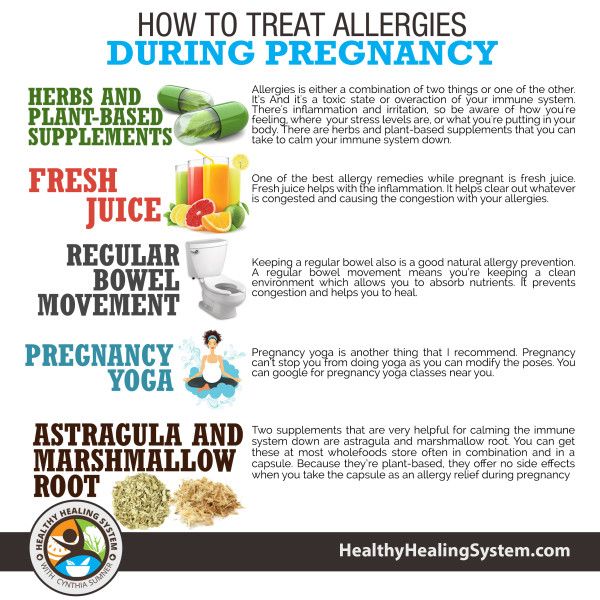
Page last reviewed: 18 February 2020
Next review due: 18 February 2023
Fomin's clinic — a network of multidisciplinary clinics
If pregnancy does not occur within six months of active sexual life, then this is one of the signs of infertility. But don't panic. This does not mean at all that you have infertility, perhaps it is enough for you, for example, to adjust your diet. Second, infertility is treated. Well, you should not immediately cheat yourself on the subject of IVF. Remember, infertility is not the same as IVF.
Infertility is a diagnosis that 10% of women all over the world have to live with: according to statistics, every fourth married couple is infertile. In this article we will talk about what female infertility is, how to live with it and whether it can be overcome.
Female infertility is a diagnosis made after a year of unsuccessful attempts to have children, subject to regular sex with a partner without contraception.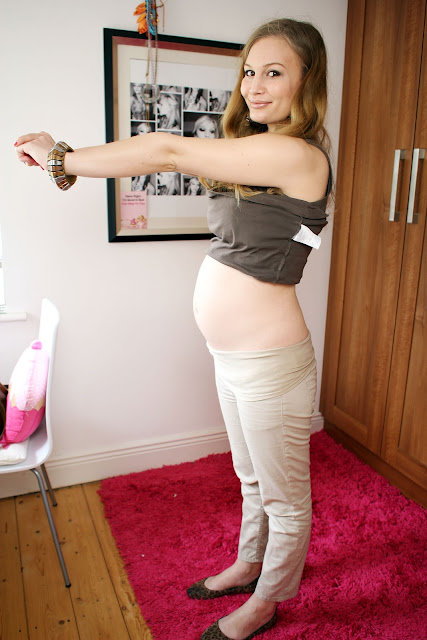 If a woman is older than 35 years, the diagnosis is made faster - after 6 months. After 35 years, the ability to conceive gradually decreases, so older women should not delay treatment.
If a woman is older than 35 years, the diagnosis is made faster - after 6 months. After 35 years, the ability to conceive gradually decreases, so older women should not delay treatment.
However, one should not rush to sad conclusions either. According to statistics, even completely healthy couples under the age of 30 manage to conceive a child in the first three months only in 20-37% of cases. At the same time, after six months, pregnancy occurs already in 80% of couples. Until a year has passed from the first attempt, there is no need to worry, be examined, and even more so, to be treated.
Pregnancy depends on many reasons - in order for the "stars to align" and all the factors to coincide, sometimes it takes some time.
For example, it is known that the easiest way to get pregnant is to make love 3-4 times a week. But a break of more than 5 days can adversely affect the quality of spermatozoa.
In addition, much depends on the lifestyle of parents - stress and heavy workload reduce fertility in both men and women. It's no surprise that many successful pregnancies have started during family vacations.
It's no surprise that many successful pregnancies have started during family vacations.
If less than 6-12 months have passed since the first attempt, you can try several "life hacks":
Choose the best time to conceive. According to some reports, the day of ovulation and 2-3 days before it are best suited for conception. To find out when ovulation occurs, a urinary express test for luteinizing hormone will help - a day or two before ovulation it will become positive. However, calculating the optimal time is not always the best option.
I always oppose the calculation of the optimal time for conception, because because of this, sex begins on a schedule in a couple's life, and this is one continuous stress. It seems to me that it is more reasonable to have sex 2-3 times a week during the entire cycle.
Kosolapova Inna Vladimirovna, gynecologist-reproductologist of the Fomina Clinic, chief physician
Do not use lubricants. Water-based, oil-based and silicone-based lubricants reduce sperm survival.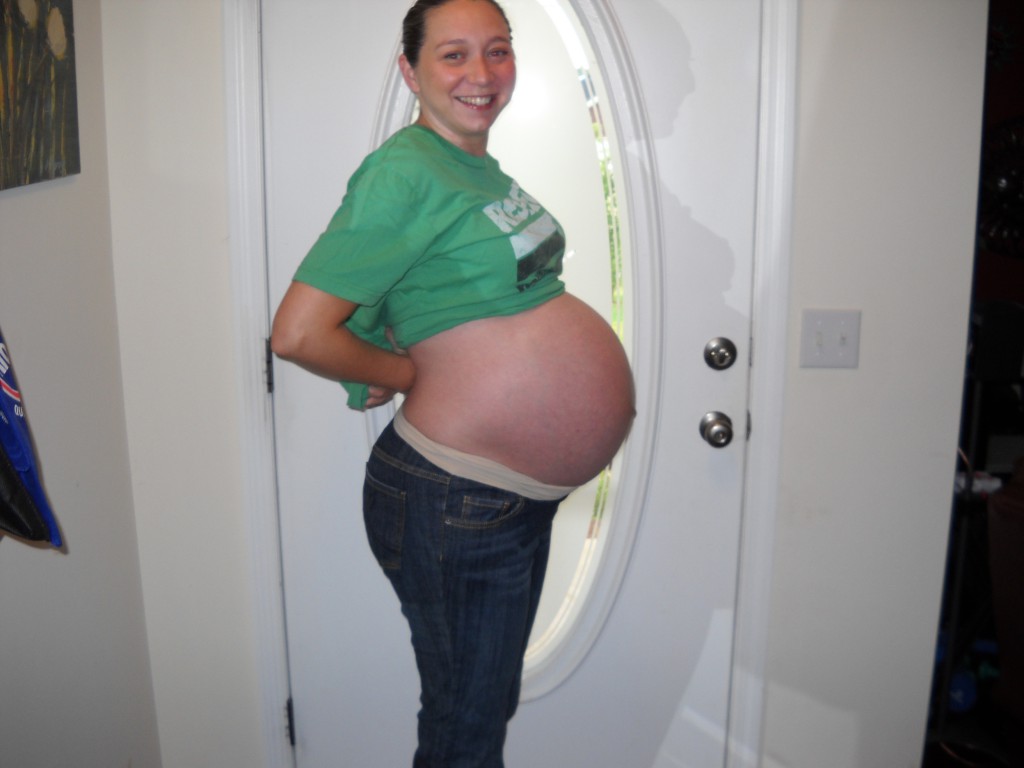 But lubricants based on hydroxyethylcellulose have less effect on sperm survival - so if there is a lack of lubrication, you can continue to use them.
But lubricants based on hydroxyethylcellulose have less effect on sperm survival - so if there is a lack of lubrication, you can continue to use them.
Stop dieting. Good nutrition is the key to a successful pregnancy. But don't overeat either. There is evidence that a body mass index (BMI) of 19 is ideal for pregnancy.-thirty. In women who have a BMI greater or less, the time to conception increases.
You can calculate your BMI manually by dividing your weight by your height squared. Alternatively, you can use the built-in calculator on the website of the medical organization, or download a special application.
Quit smoking and alcohol. Smoking increases the risk of infertility by 1.6 times. It is also better not to abuse alcohol - eat more than 20 grams of ethanol per day, the risks of "earning" infertility increase by 60%.
On the other hand, the position of the body during sex, based on the available data, does not affect the result in any way. The "missionary" position is suitable for conception just like any other.
If more than a year has passed and nothing helps, it's time to see a doctor. The diagnosis of "infertility" has the right to make only an obstetrician-gynecologist (reproductologist).
It is important to understand that infertility is not only a woman's problem. According to statistics, in the absence of children in a third of cases, the mother is “to blame”, in a third - the father, and in another third of cases the cause of infertility cannot be established. This means that with the diagnosis of "infertility" it is necessary to examine both partners.
Male infertility is diagnosed by a urologist/andrologist. But if you go to a family planning center, a reproductologist can make a diagnosis.
Most often, female infertility is associated with problems in the reproductive system: in the ovaries, fallopian (or fallopian) tubes, through which the egg passes from the ovaries to the uterus, and in the uterus itself. To figure out what exactly “broke down” in the female reproductive system, the doctor will collect an anamnesis, carefully examine the patient and prescribe tests.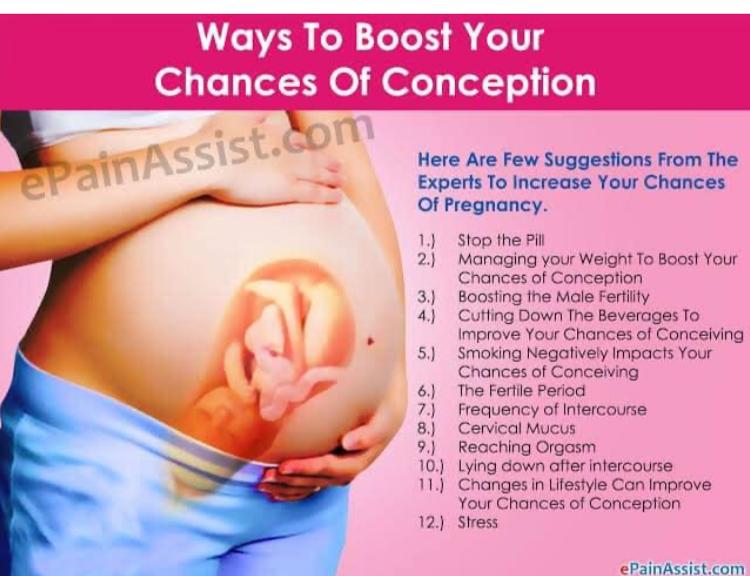 We talk more about this in the article "Diagnostics of female infertility".
We talk more about this in the article "Diagnostics of female infertility".
Infertility is treated, and quite successfully — according to statistics, after diagnosis and therapy, children appear in 50% of women (without the use of assisted reproductive technologies: IVF, etc.). On the other hand, success depends on many factors, from the age and history of previous pregnancies to problems with the partner's sperm. Many factors influence the possibility of getting pregnant, so it can be difficult to predict the result.
If the problem is overweight or underweight, it is often enough to normalize the weight for a successful pregnancy. True, much more often the problem is associated with sex hormones - in this situation, the doctor will select the appropriate medication. And if the problem is in the obstruction of the fallopian tubes or in the uterus itself, surgery may be required.
In vitro fertilization (IVF) is available for patients for whom these treatments are not suitable or have not worked.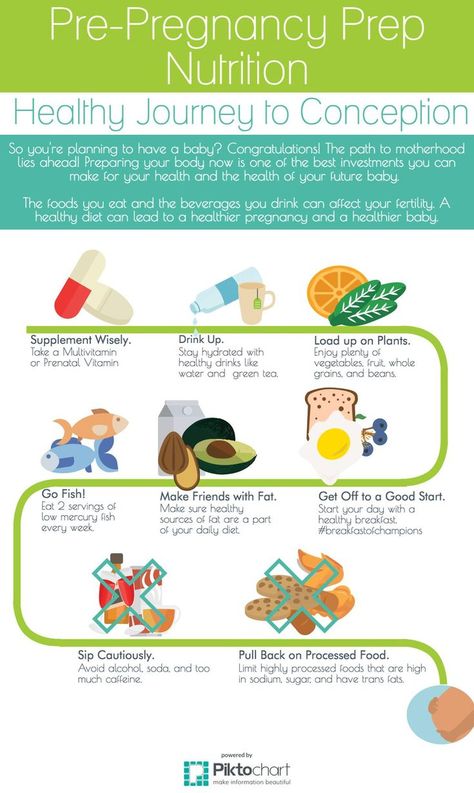
The essence of IVF is that the patient's ovaries are stimulated with the help of hormones, then the egg is taken and fertilized with the husband's sperm, then the embryo is "grown" for some time in a special incubator and transplanted into the mother's uterus. A baby is born in the same way as other children conceived "naturally".
In Russia, the IVF procedure can be done free of charge under the CHI policy. However, it is important to understand that this is a complex treatment method that requires serious preparation and gives the best result until the age of 40-45. It is difficult to predict how successful IVF will be. According to statistics, the procedure ends with the birth of a live and healthy baby in about 27% of cases.
At the same time, IVF success rates vary greatly not only in different countries, but also in different clinics in the same city. There are clinics in which in 30-40% of cases it is possible to achieve a positive result on the first try.
Very often, mothers are concerned about possible health problems that may occur in children conceived through IVF. But in recent times there has been much less cause for concern than 20 years ago.
When the method was first created, all viable embryos that were obtained after fertilization were placed into the uterus of mothers “just in case”. If everyone took root, the mother often gave birth to twins or triplets, and sometimes “quadruples”. It is much harder to bear several children than one - and after all, mothers already had problems with pregnancy, otherwise IVF would simply not have been required.
Today, the goal of the procedure is the birth of one healthy baby, so mothers transfer only one, maximum two of the best embryos. As a result, most children born after IVF do not differ much from their peers.
- Female infertility is as common as male infertility. If you can’t get pregnant within a year, you need to be examined, and sometimes treated together with your spouse.

- Infertility is a complex diagnosis that can have many causes. However, after treatment, about half of women successfully become pregnant and give birth to healthy babies (without IVF).
- IVF is a fairly effective way to give birth to a healthy baby. However, this method (like any other) has pros and cons, so you need to make a decision after consulting with an obstetrician-gynecologist or reproductologist.
Follow us
How to get pregnant if you can't get pregnant
Why can't you get pregnant? This question is asked by many women who are faced with this problem. This issue is especially acute for women over 35 years of age.
I want to get pregnant, but it doesn't work out
In recent years, many young couples go to the doctor with a problem - conception does not occur with the visible health of both spouses. What could be causing this problem? To begin with, you should undergo an ultrasound examination to exclude the pathology of the development of the reproductive organs, undergo an examination for the state of the hormonal background of the body.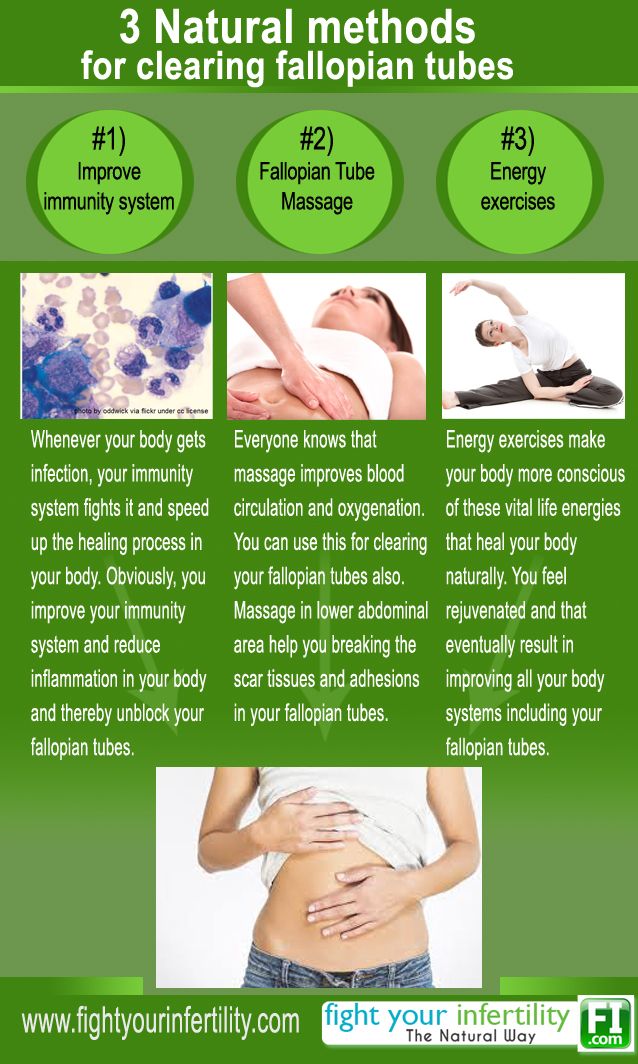 Both spouses must be tested. According to statistics, about 45% of infertility occurs in men. The reason for the lack of pregnancy can be a sexual infection, stress, inflammatory processes in the genital area of a man and a woman, a malfunction of the endocrine organs, diabetes mellitus, liver disease, kidney disease, and tumors. There are also quite rare cases - biological (immunological) incompatibility of spouses. Sometimes the cause of infertility cannot be determined. This type of infertility is called idiopathic. In this case, it is considered that you should consult a psychotherapist. Often the cause of non-pregnancy is cervical erosion and polyps. Endometriosis is also one of the reasons for the lack of pregnancy. Before you decide to conceive a child, you should be examined by a gynecologist who can identify the cause of infertility and prescribe treatment.
Both spouses must be tested. According to statistics, about 45% of infertility occurs in men. The reason for the lack of pregnancy can be a sexual infection, stress, inflammatory processes in the genital area of a man and a woman, a malfunction of the endocrine organs, diabetes mellitus, liver disease, kidney disease, and tumors. There are also quite rare cases - biological (immunological) incompatibility of spouses. Sometimes the cause of infertility cannot be determined. This type of infertility is called idiopathic. In this case, it is considered that you should consult a psychotherapist. Often the cause of non-pregnancy is cervical erosion and polyps. Endometriosis is also one of the reasons for the lack of pregnancy. Before you decide to conceive a child, you should be examined by a gynecologist who can identify the cause of infertility and prescribe treatment.
Women who have had their first abortion are at risk for infertility. If after an abortion for 3-4 years you did not become pregnant, did not bear a child, there is a high probability of developing infertility.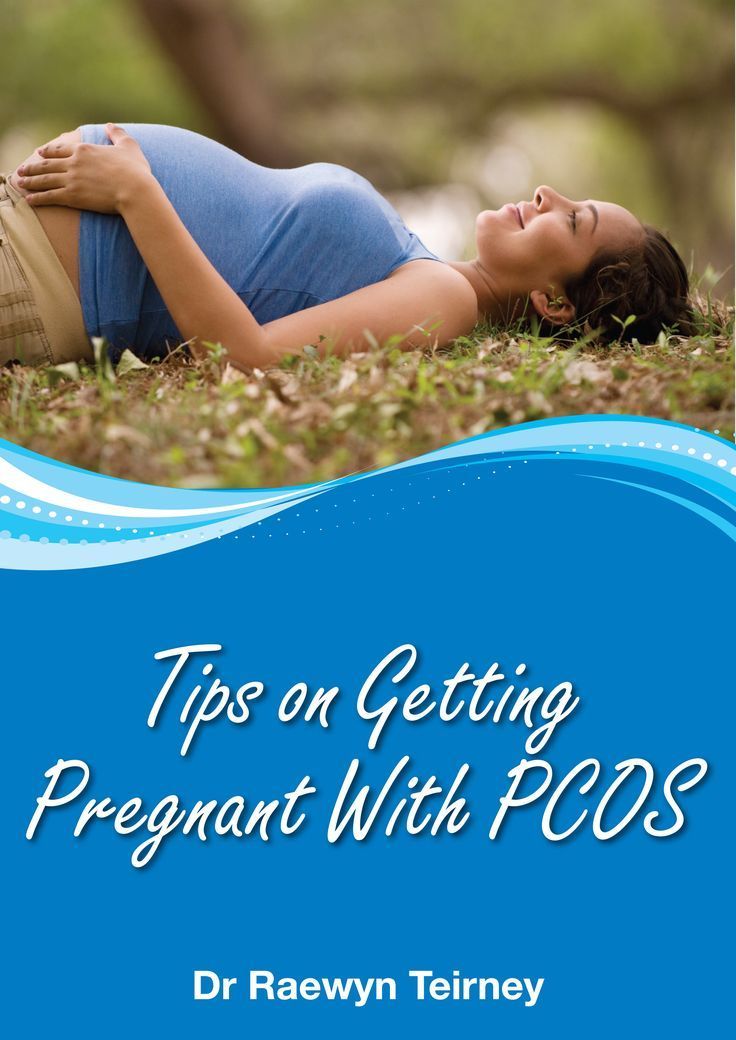
After the age of 35, a natural decrease in fertility in women begins, which reduces the chance of pregnancy. It remains about 10 years to undergo treatment, recovery and be able to get pregnant. Every year the chances of pregnancy will decrease. If the treatment does not lead to natural fertilization, you should resort to the IVF procedure.
In men, fertility is reduced if they have had mumps and rubella with complications, take drugs that affect spermatogenesis, smoke, drink alcohol, have a history of trauma to the genital organs, genital infections, or are constantly under stress. All these reasons can lead to complete infertility of a man.
Ways to get pregnant if you can't get pregnant
The most important thing that spouses should do is to be in a good mood, be happy often, get enough rest, play sports, lead an active lifestyle, eat well, avoid foods with preservatives, drinks with a lot of content of harmful substances. Both spouses should take a complex of vitamins containing, in addition to everything, iron and iodine, give up bad habits.
Stress has a huge impact on the organisms of men and women, conception does not occur. In this case, you should allocate time for rest, change living conditions and have a good rest. It is advisable to use various positions in sex, which can help conception.
It is important to treat inflammatory processes in the genital area, genital infections in a timely manner, to be responsible in choosing a sexual partner. In order to check the work of the ovaries, how the follicles are growing, when the day of ovulation comes, you should undergo folliculometry. The procedure will determine the day of ovulation. If there is a health problem (few sperm in the semen, a problem with ovulation), and the treatment was not effective enough, doctors advise resorting to artificial insemination.
How to get pregnant if you cannot conceive naturally
For couples who have not been able to conceive naturally, there is an in vitro fertilization (IVF) program. The IVF program will allow for artificial insemination in spouses with various deviations in the work of the childbearing function.











